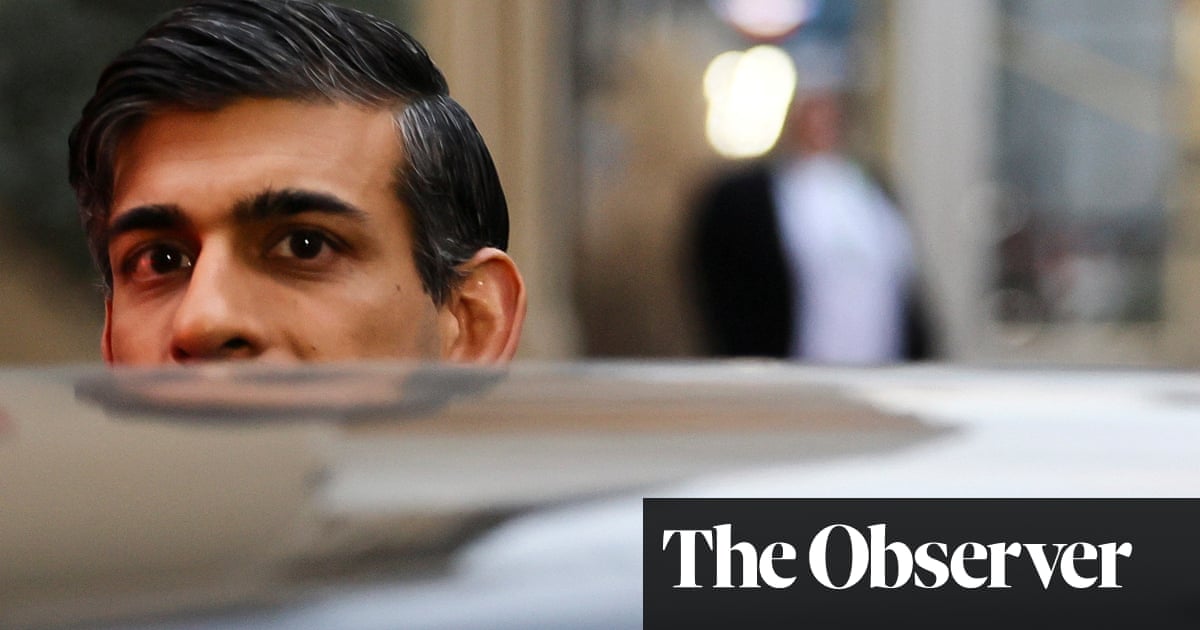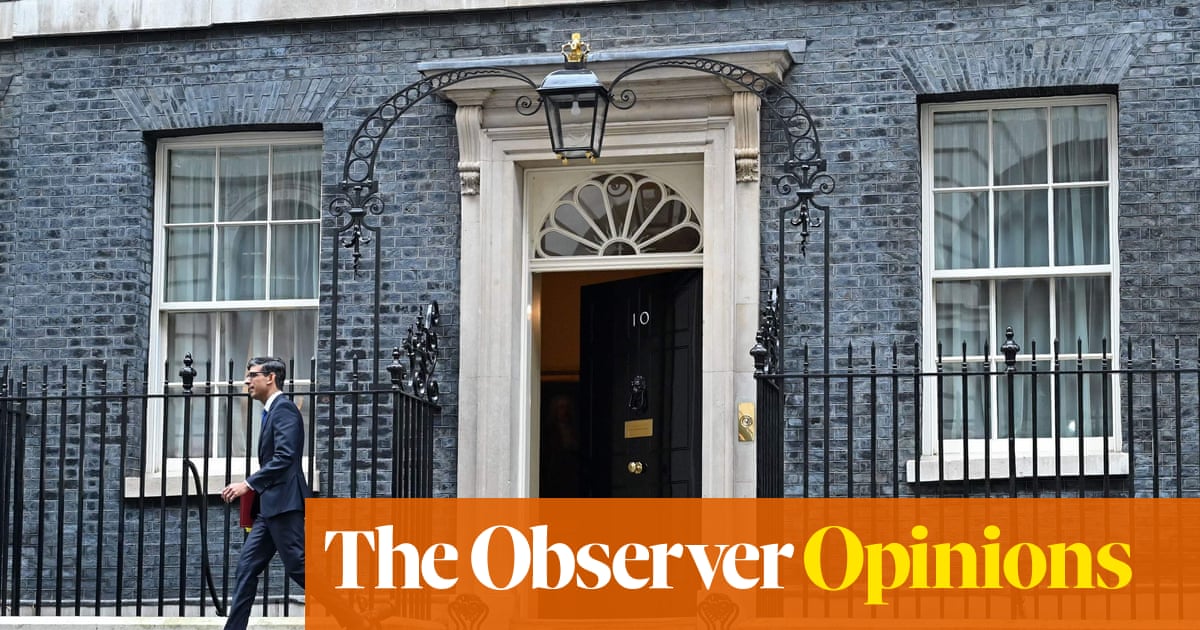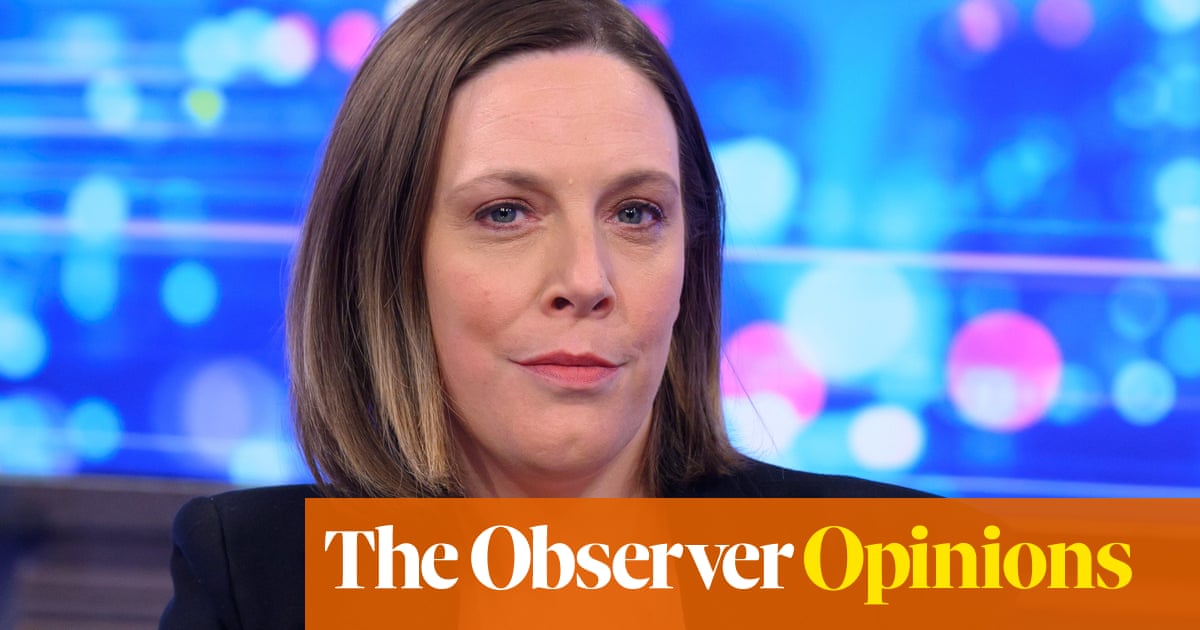
There is no grimmer epitaph for Boris Johnson’s Tory leadership than the parade now eager to succeed him. On coming to power three years ago, he decapitated his party of talent. Like a new emperor fearful of rivals, he threw out the Hammonds, Rudds, Gaukes, Clarks and Greenings – anyone who offered an ounce of competence and dignity to his administration. Instead, the path to Downing Street has been crowded with a jostling rabble of second-raters. The party should narrow down its choices as swiftly as voting allows. Then Johnson must go.
The current auction of tax-cutting promises by the various candidates illustrates the evils of the Conservatives’ “primary election” approach to party democracy. It is Johnsonism without Johnson. Lower taxes are the crudest way to secure votes, with consequences horribly visible now in Sri Lanka. No matter that you sat in a cabinet that raised them. No matter that you have no idea how to cut spending – though George Osborne could tell you how. No matter that you may have no intention of honouring the pledge. You are alumni of the Boris academy of populist rule. You can say what you like, what looks good in a headline. You are the new politics.
Almost all of these aspiring prime ministers have some responsibility for the state of the NHS and schools, the staffing chaos at airports, the collapse of the justice system and the impoverishing of local government. Crippled by Brexit, blasted by Covid and torpedoed by sanctions on Russia, they have struggled to sustain their party’s reputation for responsible economics. It has been undeniably tough. But as Paul Johnson of the Institute for Fiscal Studies has remarked of economic policy over the past three years: “Pretty much everything we could have got wrong, we got wrong.” He sees the current crises of inflation and living costs as a result of this.
This might be thought a suitable moment for ministerial self-doubt and humility. Tax cuts, whether on incomes or businesses, have been a matter for intensive debate within the cabinet and government over the past year. Most of the candidates have been parties to that debate. They know well that tax cuts must be part of any considered package of measures to promote growth, bring down inflation and ease the cost of living. Instead they have turned the cuts into a mindless slogan of appeal to the party’s right wing. It mimics 2019’s “Get Brexit done”, and is just as stupid.
One candidate alone has stood firm against this nonsense, beyond the mildest possible commitment to reduce taxes in the future. Rishi Sunak, until recently the chancellor of the exchequer, was an inexperienced unknown four years ago. Thrust into sudden prominence at the Treasury, his rise has been mixed and bruised by misjudgments. His wife’s offshore tax status was a mistake, as has been his vain publicity machine – apparently taking after Johnson’s. Early ambition saw him lurch into foolishly supporting hard Brexit and tough imprisonment.
These matters are now past. The raw fact of this election is that Sunak remains the only candidate, with the possible exception of Jeremy Hunt, with a record of sustained competence in one of the toughest offices of state. His straight talking and lack of evasive cliche in public forums have been a breath of fresh air. His final days at the Treasury saw him adamant in seeking to balance the needs of public spending against the dangers of a budget deficit and soaring indebtedness. In particular he is known to have fought Johnson’s plea for tax cuts to aid his personal survival, a fight that reportedly precipitated the chancellor’s resignation.
Sunak’s election video, presumably from the same team as produced his publicity material, was cringingly embarrassing and seemingly out of character. It is not his common touch or love of country that the nation needs. It needs a calm intelligence applied to the task of steering it through its most intensive period of disruption of the century so far. It needs dogged courage, not histrionics.
The Tory electoral system now under way encourages Tory MPs to emphasise difference and to darken the names and records of their rivals. It leads to blatant bargains on future preferment, and offers no incentive to promote concord or party unity, but every incentive to rubbish one another. The remarkable expertise of all the candidates in macro-economics is wondrous to see. It is a mystery that they can all have loyally voted for Sunak’s budgets and other measures in recent months. There is a Johnson lurking in every one.
Of Sunak’s rivals, both Hunt and Penny Mordaunt have failed to capture the political imagination of the country, while Liz Truss has shown herself startlingly lightweight in her public pronouncements. Her attempt to portray herself as a new Thatcher and as the beacon of the party’s right wing is ludicrous. It is hard to recall her making a thoughtful speech in her life. She lives and breathes cliche. Most of the other candidates lack the experience and gravitas so clearly needed by the country at present. Tom Tugendhat and Kemi Badenoch have never even sat round a cabinet table.
This is not a party election. On the strength of a vote three years ago, for a now discredited prime minister, the Conservative party is taking upon itself the choice of a new prime minister. He or she may be validated in a future election, but for the time being about 200,000 party members must stand proxy for the electorate as a whole. They must be asked to choose a leader for an emergency, a leader for the time being, a leader to bring the nation together.
Polling is as yet fluid. Most polls have shown Sunak favoured both by his party and by the wider British public. This could answer any doubts Conservative members might have as to whether the wider electorate will favour a member of an Asian immigrant family. Indeed it suggests that the nation is eager for precisely the maturity of judgment it urgently needs.
Sunak remains young and a political ingenue. His Brexit past is a shadow on his horizon. The man’s position on the political spectrum is unclear. But he is the right choice now. For the Conservatives the safest maxim must be that of the warrior general, to ask what the enemy most wants him to do – and try not to do it. Labour is praying for the Tories not to vote for Sunak. Enough said.












